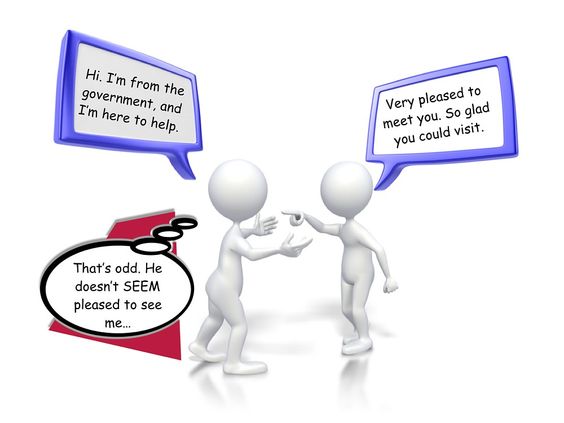Introduction
In any form of communication, being it personal or professional, the ability to effectively argue one’s point of view is an essential skill. However, there are times when individuals intentionally or unintentionally use verbal misdirection to sway the focus of an argument. This article will explore the concept of verbal misdirection and how it impacts arguments.
What is Verbal Misdirection?
Verbal misdirection is a technique used in arguments that involves steering the conversation away from the main issue or using unrelated information to create confusion or change the subject. People often employ this tactic when they find themselves losing ground in a discussion or when they wish to obscure unhelpful facts.
Types of Verbal Misdirection
1. Red Herring: This tactic introduces irrelevant information into an argument, leading opponents and listeners away from the original topic. For example, during a debate about climate change, one might bring up unrelated political issues to distract from scientific evidence.
2. Straw Man: This involves misrepresenting someone else’s position, usually by exaggerating or distorting their views. By attacking this false representation, a person can appear to defeat their opponent’s argument without actually addressing its substance.
3. Ad Hominem: Rather than addressing the argument or evidence presented, this technique involves attacking one’s opponent personally, such as questioning their character or motives.
4. False Analogy: Drawing parallels between two unrelated situations as if they were similar can be misleading and lead to inaccurate conclusions.
5. Circular Reasoning: Involves supporting an argument with itself, making it impossible for opponents to disprove effectively. For example, “This product is popular because everyone loves it” provides no real evidence of its popularity aside from its supposed popularity.
The Impact on Arguments
Verbal misdirection can derail fruitful debate and create a hostile environment where participants never reach common ground. It can also create confusion or frustration among listeners trying to follow the conversation, leading to a lack of clarity and preventing the resolution of disagreements.
Moreover, reliance on verbal misdirection can damage one’s credibility. When people sense that someone is using these techniques instead of engaging in honest discussion, they may become less receptive to their ideas or points of view.
Solutions for Verbal Misdirection in Arguments
1. Practicing active listening: By carefully listening to what others are saying, participants are more likely to remain focused on the argument at hand and less likely to be swayed by irrelevant information.
2. Maintaining a calm demeanor: Staying composed during an argument allows individuals to think clearly and respond appropriately, minimizing the likelihood of resorting to verbal misdirection.
3. Requesting clarity: When faced with distracting statements or unclear arguments, asking for clarification can help refocus the discussion on the main issue.
4. Fact-checking: Ensuring claims are accurate before introducing them into an argument prevents misunderstandings and keeps discussions honest and pertinent.
Conclusion
Verbal misdirection may provide short-term advantages in arguments, but its long-term consequences include fostering misunderstandings and damaging credibility. By being conscious of these tactics and actively engaging in focused, fact-based discussions, we can ensure that our conversations remain productive and generate meaningful progress on various issues.





